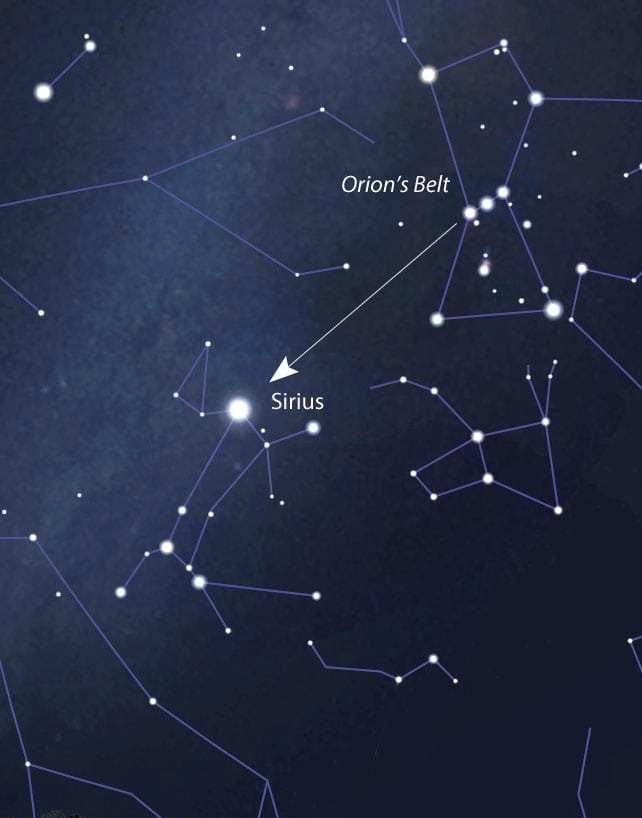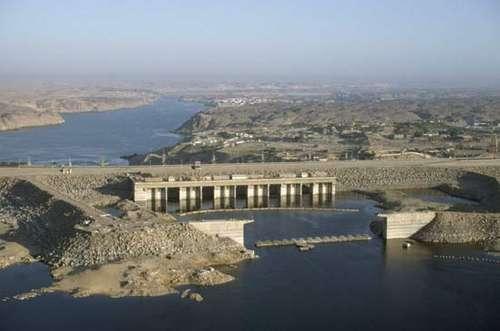https://www.interlochenpublicradio.org/post/sirius-and-flooding-nile-week-storytellers-night-sky
Sirius and the Flooding of the Nile: this week on the Storyteller's Night Sky
Every year in August, the constellation Orion returns to northern hemisphere skies at dawn, bearing with him the brightest star in our sky after the Sun ~ the star Sirius.
Sirius played a significant role in every aspect of Ancient Egypt culture, a role that carried on well into the 20th century, because its heliacal rising in mid-August each year was the signal from the natural world that the mighty river Nile was about to flood. At the heliacal rising of Sirius, people would move off the flood plain to make way for the river, which would rise up to 46 feet in some places!
The 'heliacal rising' is the first appearance of a bright star in the morning sky, before sunrise. It's a word that derives from Helios, the Greek God of the Sun who bore the Sun through the sky in his golden chariot.
The Ancient Egyptian Sun God was Ra, who was credited with the creation of all forms of life.
In Ancient Egyptian culture there were two calendars for measuring the cycle of the year: the solar calendar of Ra; and the calendar used for measuring the return of Sirius. The year itself was divided into three seasons, based on the rhythmic return of Sirius.
There is no appreciable rain fall in Egypt, and this, coupled with population growth and technological advances, eventually led to the building of the Aswan Dam, which opened in 1970, causing the annual flood cycle of the Nile to come to an end.
Still, Sirius continues to rise, and ceremonies celebrating the annual flood still occur, which is understandable, given that the dam is not quite 50 years old, but the cultural life inspired by the Nile's annual flooding has existed through all ages of recorded history, and was rooted in the stars.
-- Sent from my Linux system.


No comments:
Post a Comment